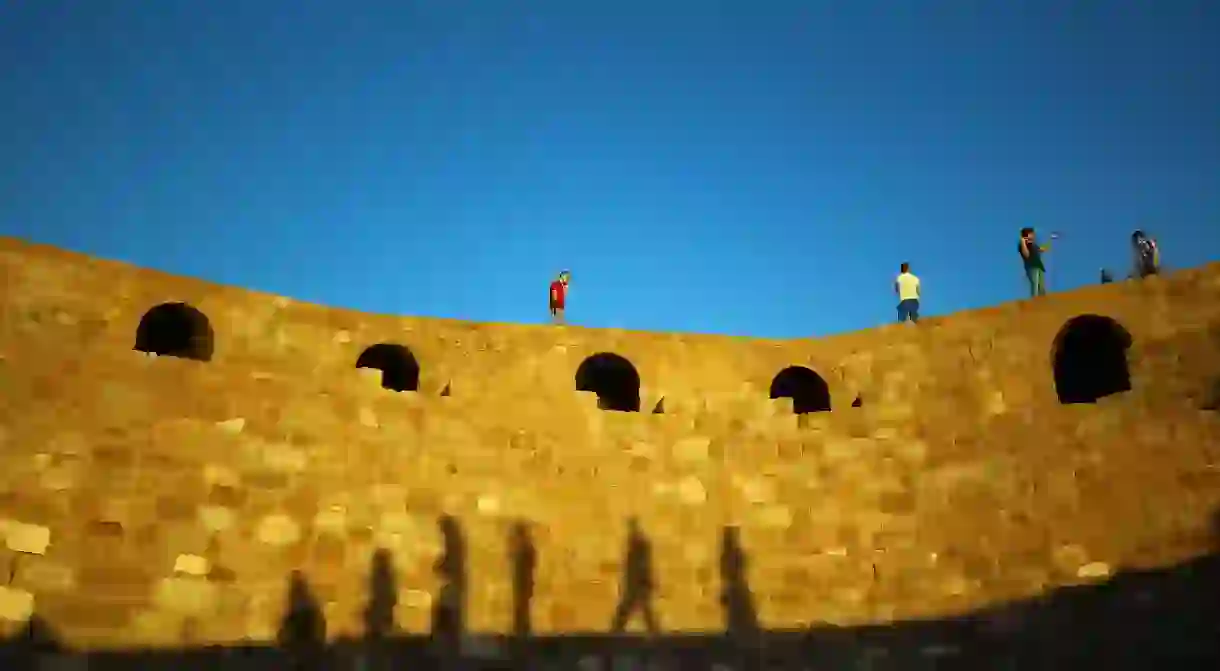A Brief History of the Ankara Castle in Turkey

The Ankara Castle is one of the Turkish capital’s oldest sights, dating back to the Roman, Seljuk, and Ottoman Empires. Overlooking the city from its perch, here is a look at the history of the structure, which has become a very popular destination for visitors as well as locals.
Even though the exact date of its initial construction is unknown, some people believe the Hittites (an ancient empire that ruled over north-central Anatolia in 1600 BC), who had a military garrison in Ankara, built the Ankara Castle. However, due to the lack of archeological artifacts to substantiate this fact, the castle is more often associated with the Roman, Byzantine, and Seljuk eras, during which time the structure underwent several renovations.
The castle takes up the entirety of the peak, which overlooks the city and the red-tiled roofs of old Ankara’s historic houses. There is also an exterior wall outfitted with 20 towers, located on the periphery of the old city and built as a protective layer. The fort takes up around 43 square kilometers (16.7 square miles), with a wall that rises to 14-16 meters (50-52.5 feet) and includes 42 towers. The castle’s highest point, called Akkale or Alitaşı, stands tall in the southeastern corner. One of the two castle entrances also has an epitaph that belongs to the Ilkhanate Empire (the southwestern sector of the Mongol Empire), while the structure’s northwestern section displays writing belonging to the Seljuk Empire.

Even though the outer wall experienced damage over time, the castle itself was able to survive intact. During invasions in the 8th and 9th centuries, the remains of Roman structures in the city became renovation material, with marble blocks and pillar heads still seen in the castle’s south-facing sections.
Indeed, the castle witnessed many invasions, undergoing many repairs and renovations beginning with the invasion of Galata (a domain in Ankara) in the 2nd century BC. In 217 AD, Roman Emperor Caracalla had the walls repaired, and after the Persians had defeated Emperor Severus Alexander between 222 and 260, the castle was almost entirely destroyed. In the 7th century, the Romans renovated the structure once more, and by 688, Constantine the Great built a new outer wall to accommodate the city’s new borders. In 1073, the castle was taken over by the Seljuk Empire, and during the Ottoman era, in 1832, the son of Maktul Ibrahim Pasha repaired the castle.

Nowadays, the castle is a visual amalgam of different historical eras that all left their own mark in one way or another. The old Ankara houses that are within the castle’s outer wall are also very beautiful and are composed of wood, mud brick, and tile. From the castle, the juxtaposition between the old and new Ankara is truly striking and is a great place to watch as the sun sets over the great capital city.














